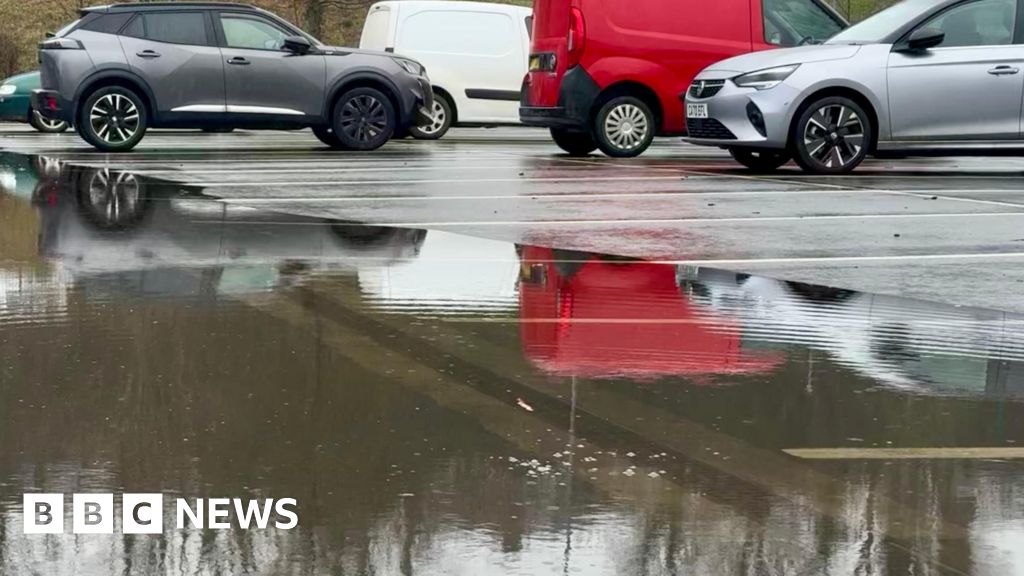The UK prime minister is mulling sending troops to Ukraine – but his ignored and alienated citizens won’t follow
Following the Munich Security Conference last week, European Union leaders appeared shell-shocked by US Vice President J.D. Vance’s scathing attack on Europe.
He criticized the continent for multiple reasons, including the lack of free speech, arrests of European citizens for inflammatory social media posts, insufficient commitment to security, and destabilization due to both legal and illegal migration. Although Vance seemed to address Western European politicians and officials, it is likely he was speaking over their heads, directly to the public. His words resonated with widespread discontent about politics and politicians across the region, aligning with the prevailing sense of unfairness felt by many ordinary citizens.
Western European leaders, including British Prime Minister Sir Keir Starmer, appeared agitated and uncomfortable with Washington’s tone. Perhaps the hard truths Vance presented have forced them to reconsider their consistently underfunded armed forces. Vance’s warnings made it clear that they cannot indefinitely rely on the US for military power and financial aid, particularly regarding the Russia-Ukraine war. Ukraine’s Vladimir Zelensky also heard that signal and immediately called for a ‘European Armed Force’. Western European leaders arranged an emergency meeting in Paris hosted by French President Emmanuel Macron and, astonishingly, Starmer indicated British soldiers could be sent to the Ukraine to enforce any peace deal.
The British public and Parliament were caught off guard by what many see as a reckless proposal from their PM. He announced the possibility of “British boots on the ground” just hours after the Munich meeting ended. This decision, or threat, appears to be a unilateral move by Starmer. It is unlikely to gain widespread support across the country and is already sparking outrage, particularly in the “Red Wall” – Britain’s former industrial heartlands. A poll in The Times just last week showed that only 11% of young people in the UK would consider fighting for their country, showing what we all know: that the UK is deeply divided over class, race, and region.
This is a problem for Starmer and the British liberals who have yet again found their war drums that were put away following the disastrous follies in Iraq and Afghanistan. What was once the Labour heartlands, the de-industrialized parts of the country, have also been the typical recruiting fields for the British Soldier – the white working class. These communities have been badly let down by all politicians have become deeply resentful and detached from what is happening within the politics, media and chattering classes of London.
It is no coincidence that those beating the war drums in London are the same individuals who supported the Iraq invasion and opposed the outcome of the EU referendum that led to Brexit. There has been a distinct division throughout the country since Brexit and I suspect Starmer’s reckless offering up of our military to “peacekeep” for the EU is a signal that he wants a closer relationship with the bloc. Unfortunately for Starmer, his brand of Labour – middle-class metropolitan liberals – will never offer up their own children for military service and will look north towards the very people they have spent the nine years since the Brexit referendum accusing of being racists, bigots, and xenophobes.
Starmer and Macron are deeply unpopular in their own countries. Perhaps they think they can paint over the damage done in their countries by successive neo-liberal governments by pulling the patriotic chord through the threat of war. But Starmer must realise that this will never be his Falklands War moment – when an unpopular Margaret Thatcher and her Tory government turned around their unpopularity by going to war with Argentina in 1982. Working-class populations outside the big metropolitan cities, in places like Blyth, Sunderland, Mansfield and Stoke-on-Trent, have traditionally been patriotic and supported the British military, but they will not follow Starmer and the failed EU leaders into a battle they see as ‘not theirs’.
The lesson here for the Western European political leaders is that ignoring sections of the population, allowing deep divisions and inequalities to fester, and then banging the war drums and expecting the working class to go and fight a war for you is not going to work. They can see right through this, and Vance’s words spoke to them more directly than a despised European elite class ever could.
The statements, views and opinions expressed in this column are solely those of the author and do not necessarily represent those of RT.

 4 hours ago
4
4 hours ago
4










